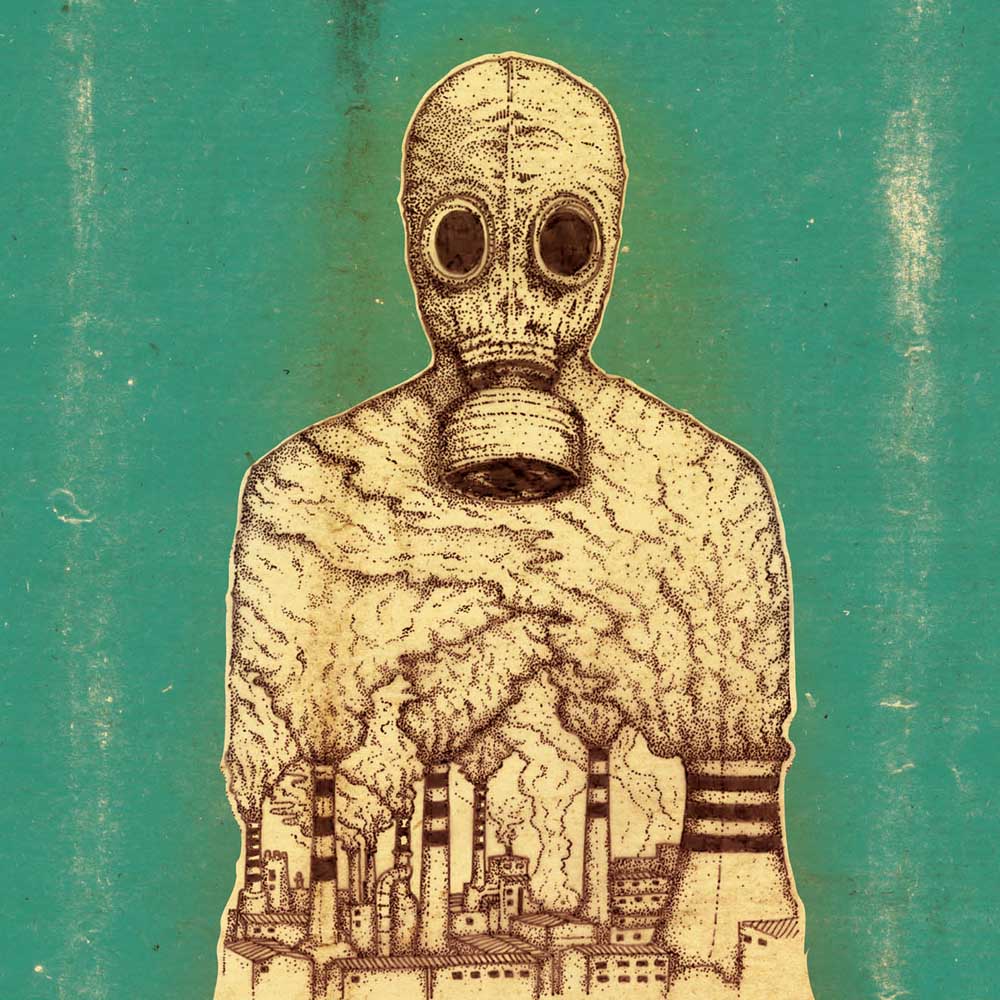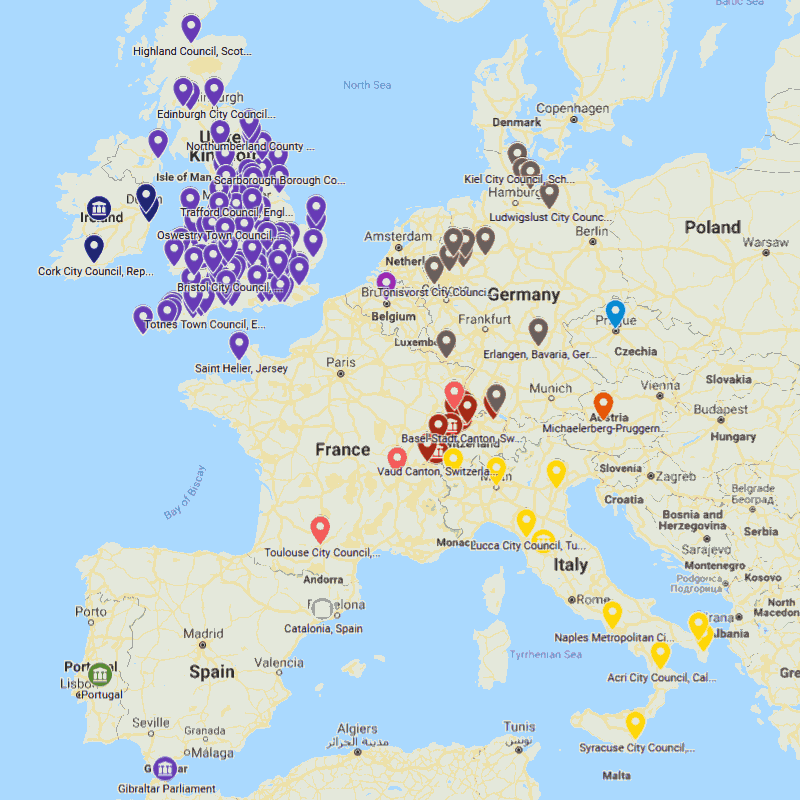Climate emergency declarations: another media hoax~ 5 min

You can now listen to some articles, or download the audio file. Try it out!
All over the world, thousands of students have taken to the streets in defense of the environment and the climate. They demand that governments act. Climate crisis has turned into a main issue in the political debate and several climate emergency declarations have been issued around the world. What was previously a topic for restricted groups, now becomes a mass topic. What explains this phenomenon? And what is the relevance of these Climate Emergency Declarations in the combat against climate change?
Greta Thunberg, a 16-year-old teenager, started a solitary strike on August 2018. Every Friday, Greta missed classes in order to demonstrate in front of the Swedish parliament. Four months later, and given the media coverage of the case, several localities in different countries began responding to Greta Thunberg’s manifest with Climate Emergency Declarations.
Between Governments, Parliaments and Councils – the equivalent to Town Halls – 631 locations in several countries issued climate emergency declarations. A number that increases with each passing day.

The city of Darebin, Australia, was one of the first to approach the subject of a climate emergency in 2016. The Council of Byron Shire followed in October 2018, also in Australia. This Council declared a climate emergency and advocated for the need to create legislative programs aimed at achieving the goals of the Paris Agreement.
The United States of America and Canada followed. Both in the USA and Canada, the statements mirror the proposals advocated by the Green New Deal. The agreement applies the “we want a green and fair future” rhetoric and provides cover for the liberal illusion that technology and the electrification of individual transportation are the key to combat climate change.
On May 1st, the UK Parliament approved a motion to declare a climate emergency, becoming the first Parliament to do so. In that case, the motion came after 11 days of street protests by the Extinction Rebellion movement. Birthplace of the Industrial Revolution, the UK is following the greenwashing policies of the US Green New Deal: the UK’s climate change declaration paves the way for a “green” version of the Industrial Revolution.
In Scotland, Nicola Sturgeon, the prime minister, speaks of the declaration as a “public promise” to act against global warming.
Wales has also joined, with the government declaring a climate emergency. It was followed by the Republic of Ireland, Germany, France, Belgium, Italy, Czech Republic, Catalonia, New Zealand and Gibraltar. In Switzerland, several localities also gave voice to the climate emergency, but there were several criticisms made about the non-binding nature of the declaration and its rhetorical content.
Climate emergency, but no state of emergency
Climate emergency entered legal systems with the aim of forcing governments to consider climate change a political priority. These declarations, because of their symbolic nature, do not override existing legislation, nor are they mandatory. Activities that boost climate change phenomena, such as prospection and exploitation of fossil fuels, remain unrestricted.
The statements mention a climate emergency rather than a state of emergency, because otherwise the subject would have to be taken seriously. For example, in the Portuguese legal framework, declaring a state of emergency implies recognizing that one is facing a public calamity – Article 19, Constitution of the Portuguese Republic. Opting for a state of emergency requires that concrete measures be taken in order to restore the conditions that preceded the calamity.
Perhaps this is why the statements have been voted by motion, a legal instrument used to instigate public institutions in a certain direction. It is a non-binding and non-mandatory document.
Going through the content of the statements, human activities from an individual perspective along with technology are pointed to as the problem. A problem which leads to global warming and threatens our modern way of life. The economic investment necessary for technological adaptation is pointed out as the solution. Policies that prioritize individual electric transportation are supported and the path is set towards an electrified economy based on renewable energy. There is talk of great economic losses and of how the climate crisis can lead us to the collapse of the global economy. In the end, it is the economy that needs to be saved.
The real implications of the climate emergency declarations are unknown. They are evasive and embedded in the concept of soft law – non-binding regulation that does not have a system of consequences. In line with the 1972 Stockholm Declaration, or the more recent 2015 Paris Agreement, these statements are political rhetoric. Rhetoric that theoretically commits States to action, but in practice only guarantees that we will continue moving towards an environmental and climate collapse.
Portugal next
In Portugal, PAN (People, Animals, Nature) and the Left Bloc, were the first parties to declare for a climate emergency. The Minister of the Environment gave the matter little attention, arguing that it would only be a symbolic gesture. He also stated that Portugal, even while having two active coal plants and selling its territory to the hydrocarbon and minerals industry, does more than all the other countries which have declared a climate emergency. This year, Portugal created a Roadmap for Carbon Neutrality 2050 and a National Energy and Climate Plan – as symbolic as the climate emergency statements, as they are only non-binding guideline documents.
On June 7, two draft resolutions came to a vote. The one from PAN recommended that the government declare a state of climate emergency. The one from Left Bloc recommended a state of climate urgency. Despite the political rhetoric, the practical result of these votes remains to be determined.




